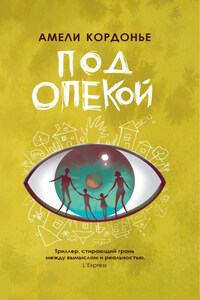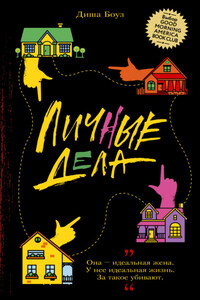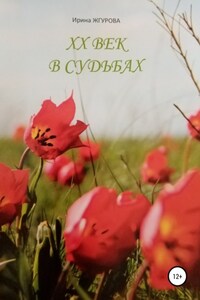Here’s a report on writing life and the book trade before computers and electronics took over the literary world; before the flowering of Twitter and microblogging.
Bury My Heart at W. H. Smith’s was first published in 1990. I had completed it in some haste, since I was due to work with Stanley Kubrick on a proposed film. The pressure was on to find a title. Standing at Paddington Station, I saw a revolving wire rack filled with paperbacks for sale. In the bottom bracket I found a grubby copy of Bury My Heart at Wounded Knee, Dee Brown’s Indian history of the American West. Almost instantly I said to myself, ‘Oh yes, of course. Bury My Heart at W. H. Smith’s! Yes, that would be fun.’
At the time, W. H. Smith’s did not like my title and failed to stock the book.
Well, so much for them. Re-reading the text after almost twenty-five years, I find myself charmed and amused by its unbounded enthusiasms. Also, surprised – revived, in fact! Ah, the people I knew. Ah, my meteoric rise into obscurity!
So here it is, still warm from the oven, a recipe book of a young writer’s life: serious, yes, but also jolly, and juicy with anecdotes and personalities. A rumbustious pleasure of a book, bursting with zeal, angst and hope.
Brian Aldiss
Oxford, 2012
Apéritif
Bury My Heart at W. H. Smith’s
The train was crossing India from west to east. It ran steadily over the wide Ganges plain, from Agra towards Jamalpur, the weight of the brilliant day bearing down upon its carriages. I stared out of the window, stared and stared, absorbed in the landscape.
Nothing was to be seen but the wastes of the plain and the sky above it. A tree, a thatched hut, stood here or there, as pallid as the earth itself. In that dry season, there was no sign of the river; it had dwindled like a shrivelled limb.
Peasants worked on the plain, sometimes near the tracks, sometimes distantly. Unlike the peasants of China, these were isolated one from another. The sun had burned them hollow. They toiled almost naked. Some stood upright, working with hoes, while others were bent double. They appeared motionless, like figures on a frieze.
And they laboured on the plain every day of their lives.
Monotony was their lot. How did a man’s thoughts run, out there on the baked mud? What would he have to tell at sunset?
‘I was up before dawn and took a handful of rice. Then I worked, as you know. It was hot. Nothing grows. Now I shall rest. It’s dark. I will sleep …’
That terrible monotony, as stern a ruler as the sun. Ever since infancy I had feared reincarnation when, at the age of three, I was convinced I had been a wizard burned at the stake in a previous incarnation; the agony of the fire often woke me, crying. What was there to prevent me from awakening next time as a peasant, bound to the Ganges?
To survive as an Indian peasant requires endurance born of centuries of fatalistic courage, passive acceptance, qualities scarce in the unsleeping West.
Those days on the train were ones in which my determination to be a writer developed. I wished to tell everyone about that alien way of life. I had my subject matter. What I did not realise was that I also had the stubborn temperament a writer requires.
A glance at the list of titles I have written since those Indian days shows a preoccupation with time. From Space, Time and Nathaniel, to Non-Stop, through Moment of Eclipse and Eighty-Minute Hour, to Seasons in Flight and Forgotten Life, the idea of passing time glides like a serpent through the words.
Of course it was never planned that way. It just happened, as much in life happens. Perhaps I have a problem with my time sense.
Whatever creativity is, it is in part a solution to a problem.
LENINGRAD. I was one of six writers on an Arts Council tour of the Soviet Union. We had been to Moscow and flown over the Caucasus to Tbilisi. Now we were being taken to the Kirov ballet.
The home of the Kirov is a grandly restored eighteenth-century building. The company itself is magnificent.
That night, they were dancing Hamlet to a modern score.
The ballet stayed very close to Shakespeare’s original story. But even a faithful Hamlet becomes, without words, the story of two rather pleasant middle-aged people who marry and, on their honeymoon in Elsinore, are pestered by a young fellow in black. This adolescent, contrary to the usual rule of adolescence, loves his father, who has died, and spends all evening dancing in and out, mucking up the honeymoon.














